- #193 QS Global World Ranking
- PublicStatus
- Very HighResearch Output
- 26,379Total Students
- 2,481Faculty
- 3,540Int'l Students
The University’s position in the current QS World University Rankings.
Whether the University is funded by the government of that country or state, or funded by private donations.
The research intensity of the University, based on the number of papers output relative to the University’s size.
The number of full time equivalent students enrolled at the University.
The number of full time equivalent teaching staff employed by the University.
The number of full time equivalent international students enrolled at the University.
Universität Hamburg
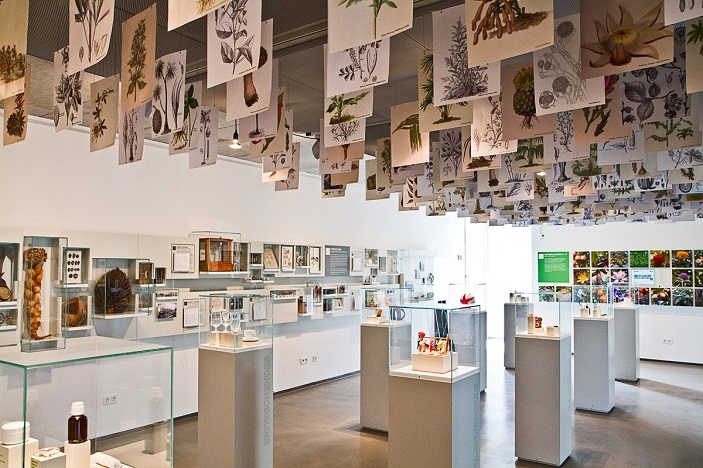
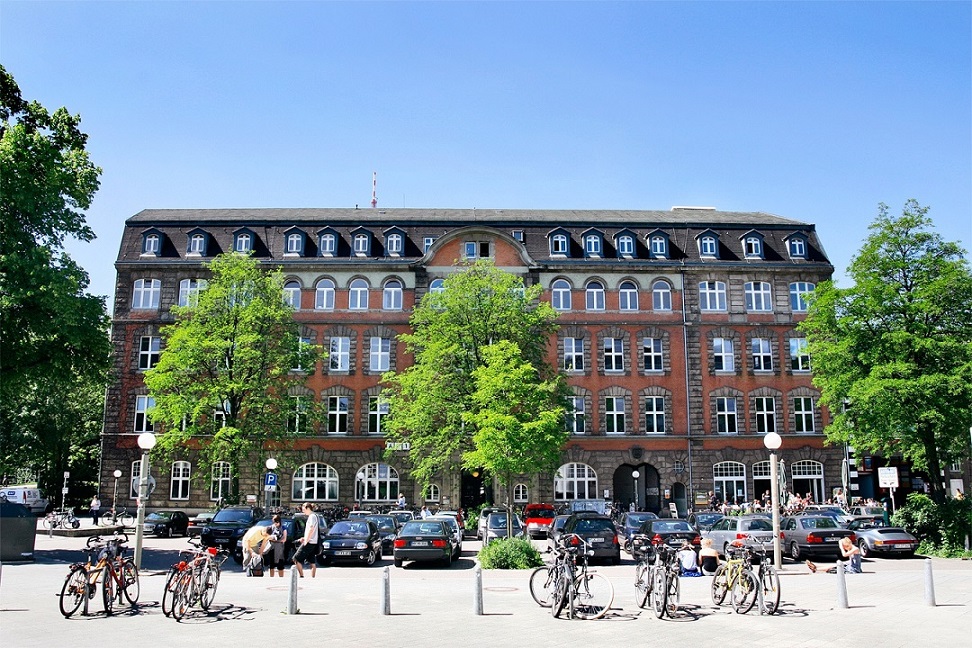
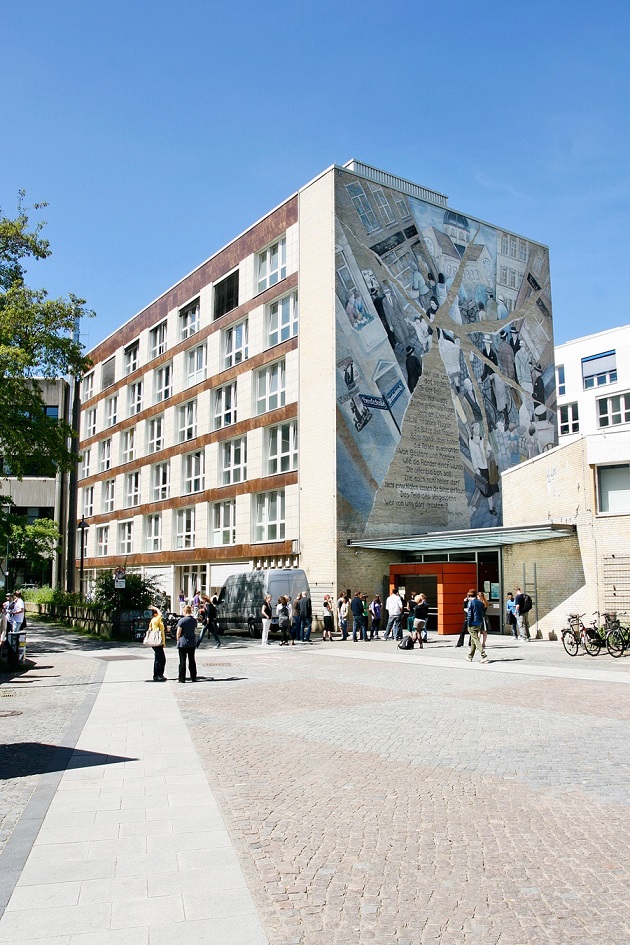
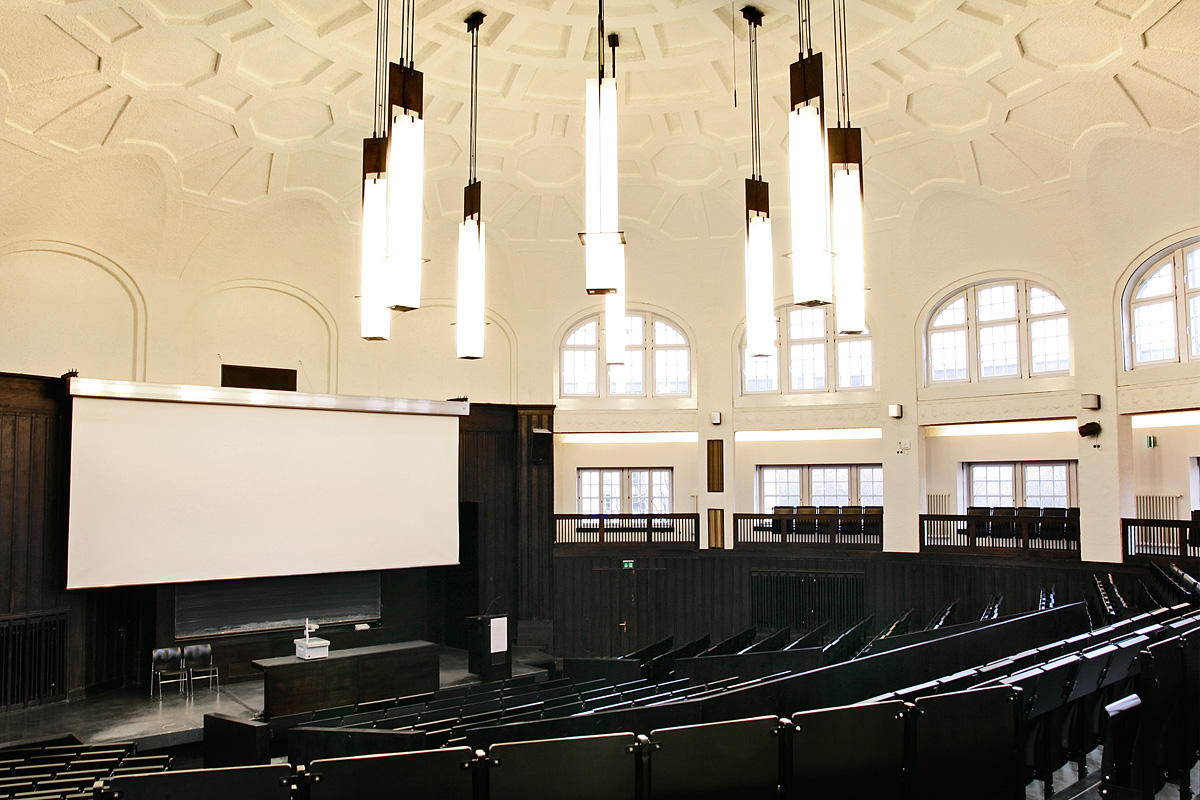
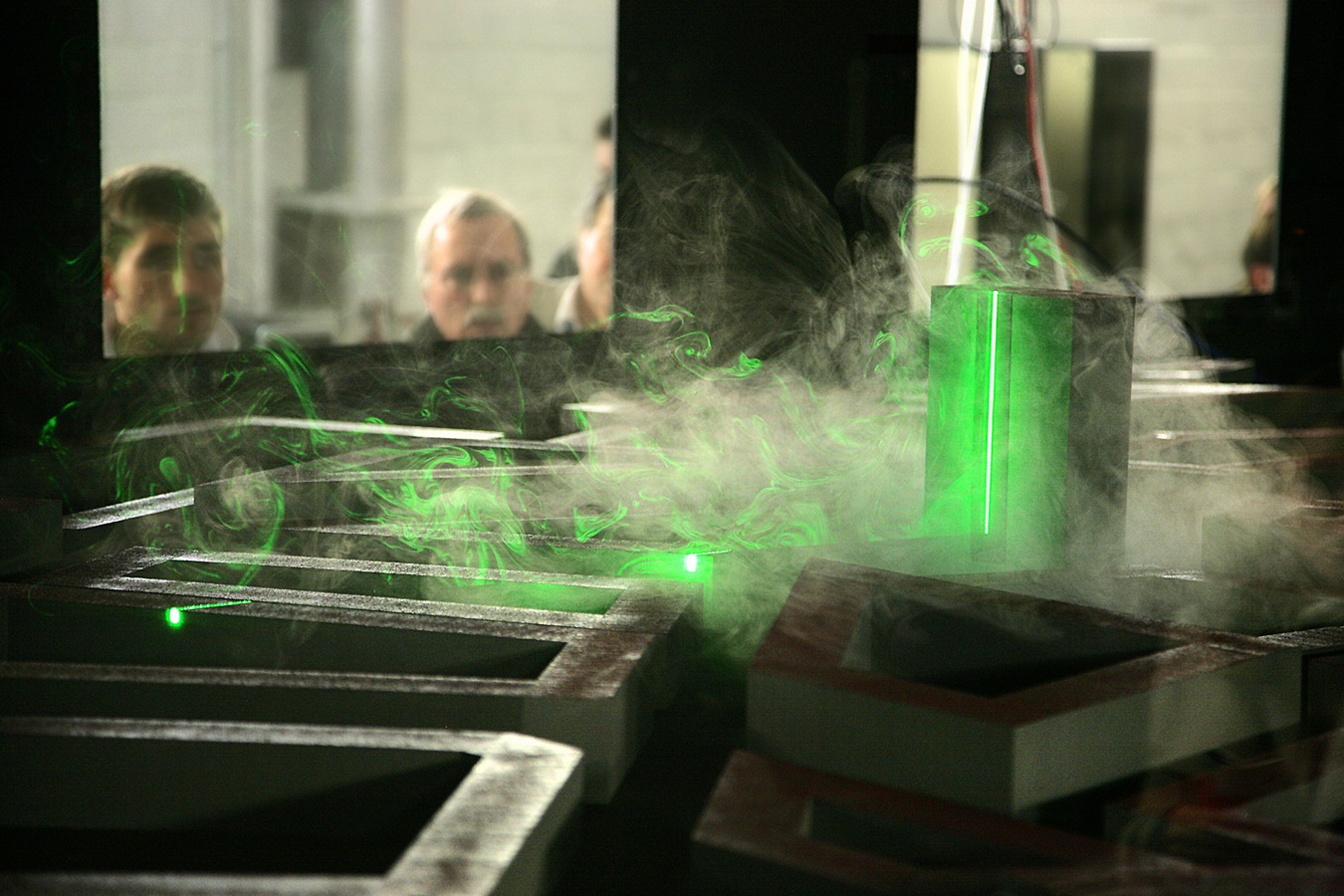
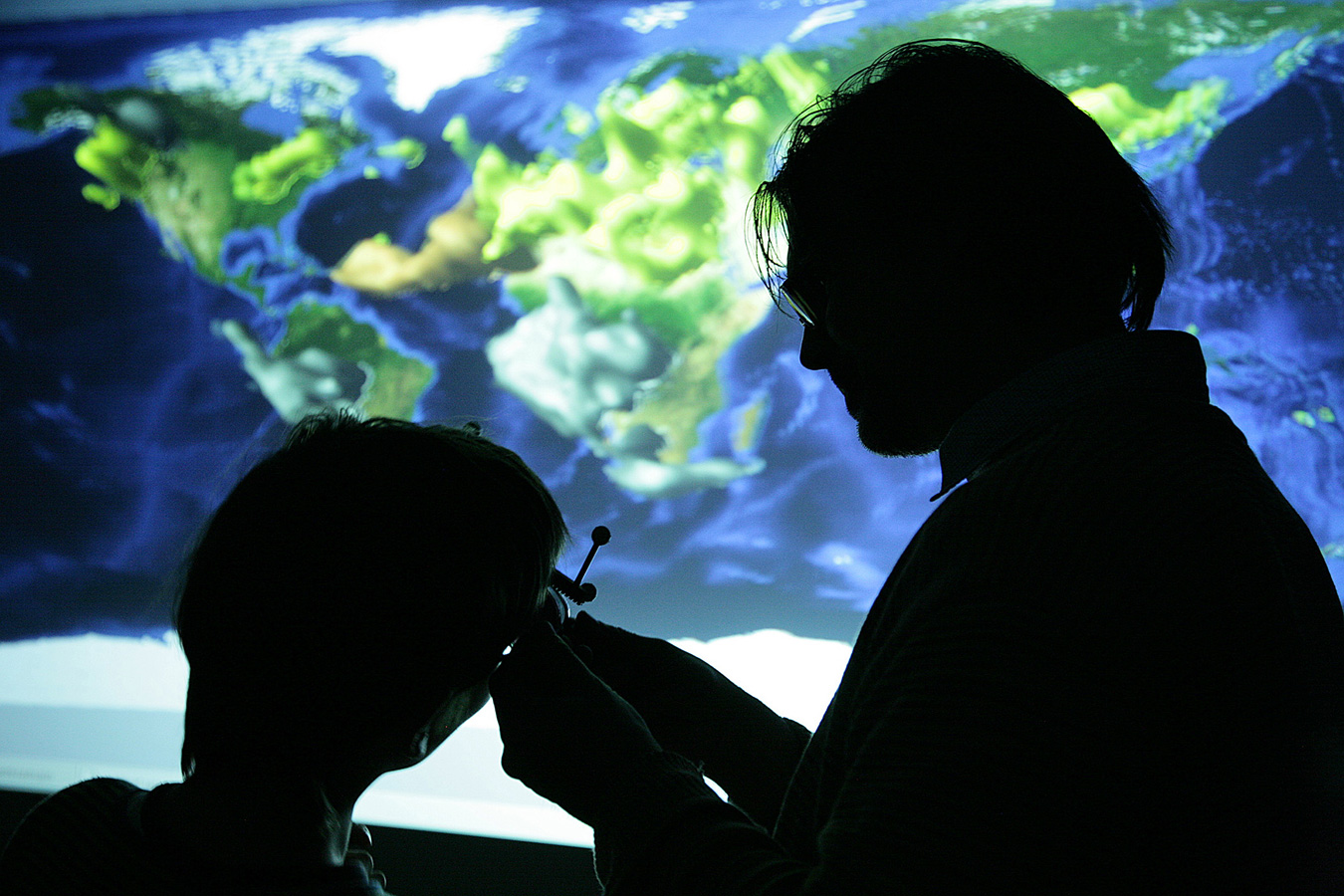
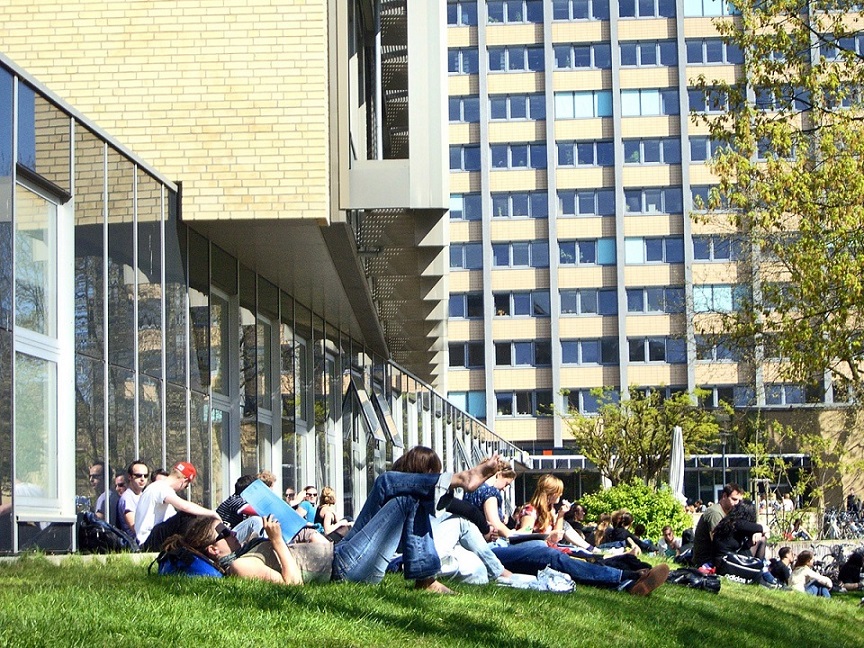
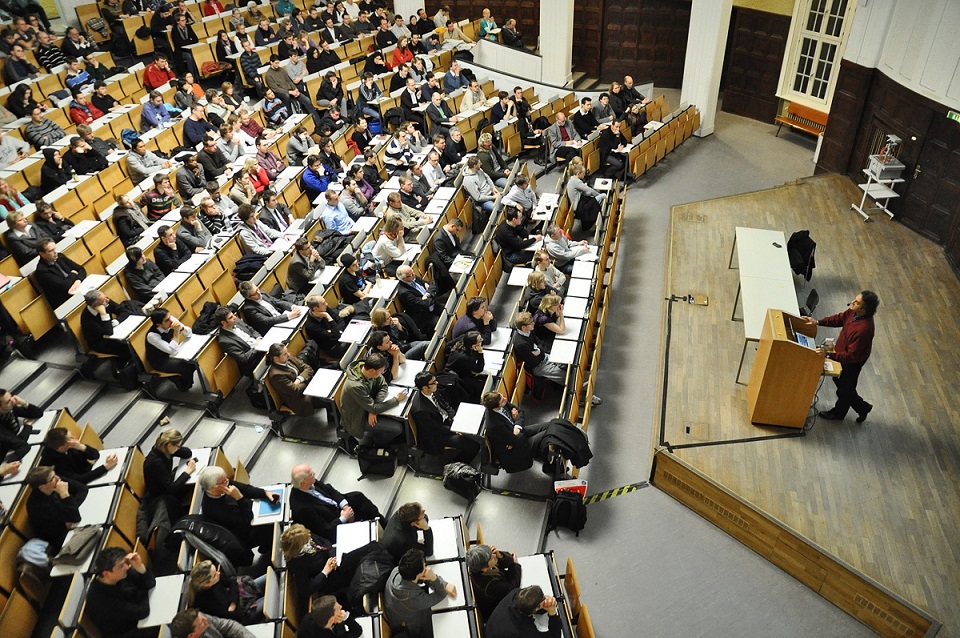
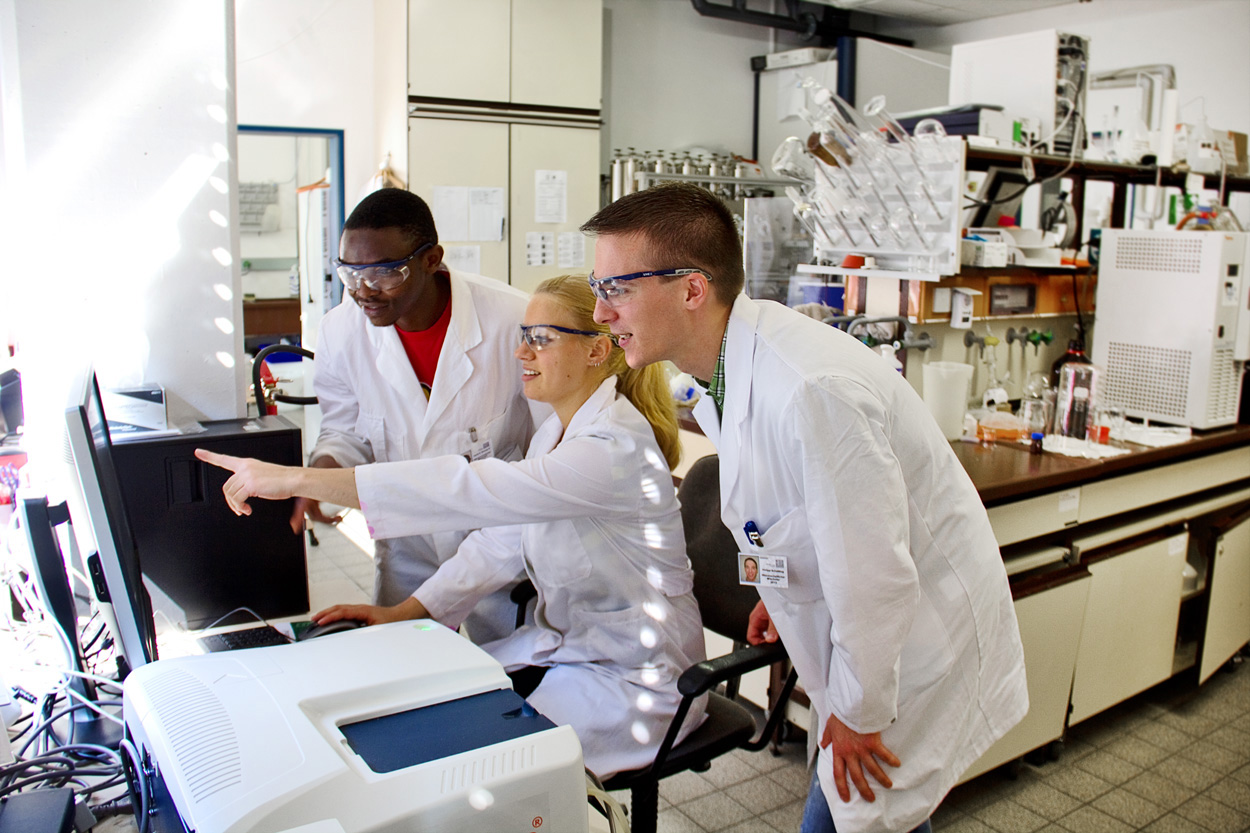
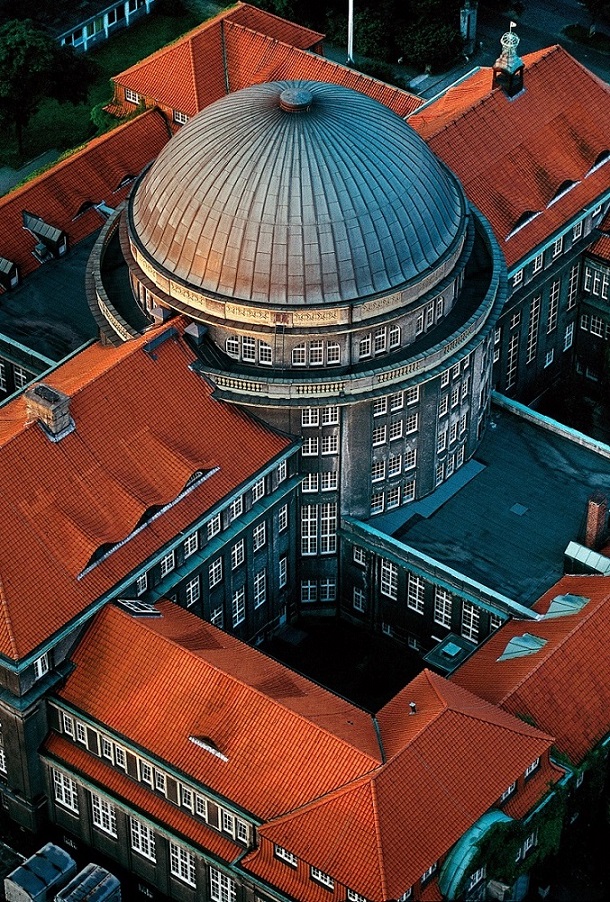
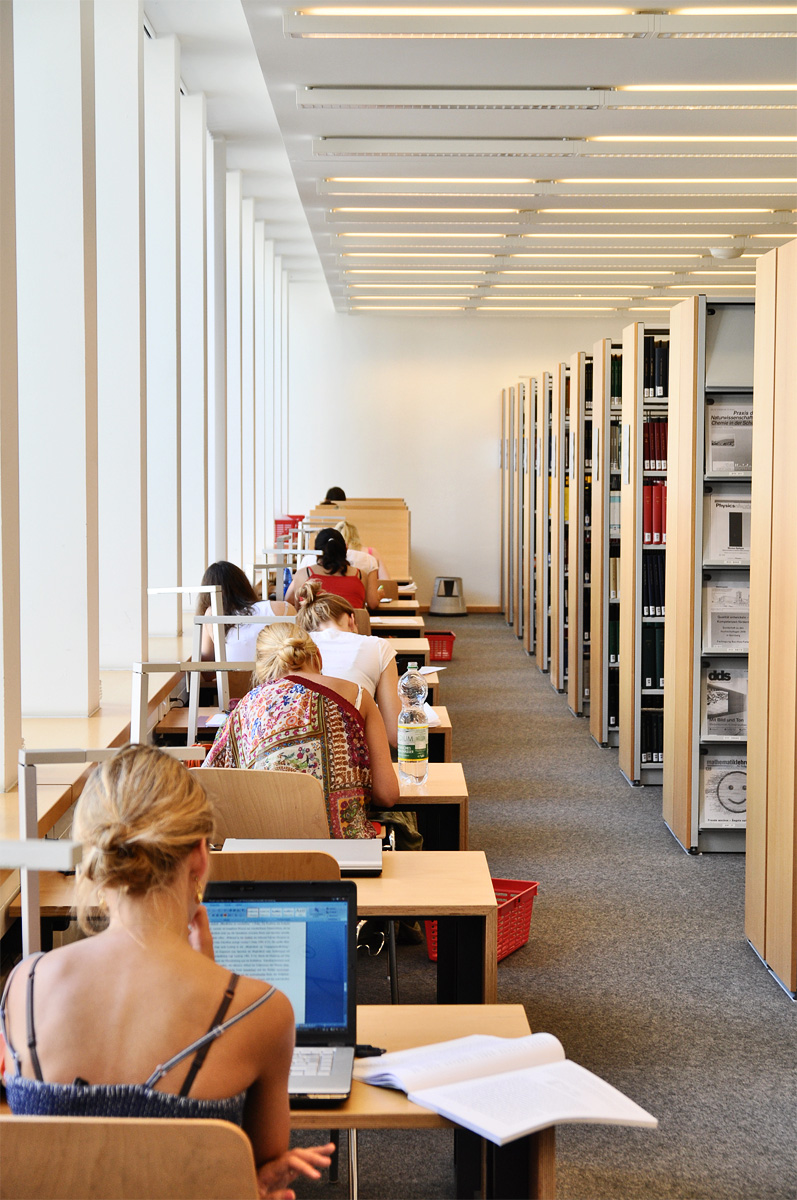













About
Universität Hamburg is one of Germany’s Universities of Excellence and the largest institution for research and education in the north of Germany. As part of the Excellence Strategy of the Federal and State Governments, Universität Hamburg has been granted clusters of excellence for 4 core research areas: Advanced Imaging of Matter (photon and nanosciences), Climate, Climatic Change, and Society (CLICCS) (climate research), Understanding Written Artefacts (manuscript research) and Quantum Universe (mathematics, particle physics, astrophysics, and cosmology).
The University boasts numerous interdisciplinary projects in a broad range of subjects and an extensive partner network with leading institutions on a regional, national and international scale. Besides the four clusters of excellence, further successful key research areas include: Neurosciences, Infection Research / Structural Systems Biology and Health Economics.
Universität Hamburg was founded in 1919 by local citizens. Important founding figures include Senator Werner von Melle and the merchant Edmund Siemers. Nobel prize winners such as Otto Stern, Wolfgang Pauli and Isidor Rabi were active at the University. Other well-known scholars, such as Ernst Cassirer, Erwin Panofsky, Aby Warburg, William Stern, Agathe Lasch, Magdalene Schoch, Emil Artin, Ralf Dahrendorf, and Carl Friedrich von Weizsäcker, to name but a few, also taught here.
- Faculty of Law
- Faculty of Business, Economics and Social Sciences
- Faculty of Medicine
- Faculty of Education
- Faculty of Humanities
- Faculty of Mathematics, Informatics and Natural Sciences
- Faculty of Psychology and Human Movement Science
- Faculty of Business Administration (Hamburg Business School)
Universität Hamburg is also home to several museums and collections, such as the Zoological Museum, the Herbarium Hamburgense, the Geological-Paleontological Museum, the Loki Schmidt Garden, and the Hamburg Observatory.
Universität Hamburg is committed to sustainability. All our faculties have taken great strides towards sustainability in both research and teaching.
Information on applying: https://www.uni-hamburg.de/en/campuscenter/bewerbung.html
Main Building, philosophers'’ tower, duck pond, and more ...
The University Campus is not just somewhere to attend lectures and hit the books—it’s also a place to meet and muse with friends.
New students might find our Main Building—home to the humanities—with its majestic cupola a bit imposing. Yet once inside, you will soon feel at home in its historic and light-filled lecture halls.
Our 15-storey Phil-Turm (Philosophers’ Tower) is another Campus highlight offering amazing panoramic views of the city. Climbing the stairs to get to class also helps you get fit while studying.
A place to relax
At the center of the Campus is the duck pond, flanked by a pleasant green lawn. In summer, you can sunbathe and watch the birdlife between classes. When it freezes over in winter, dig out your skates for some winter sports!
Studying is bound to make your stomach growl: our three dining halls and numerous Campus cafés brighten up every break with the prospect of a square meal or a lazy coffee. Afterwards, you can walk off your meal in the nearby botanical gardens, Planten un Blomen, and while you’re there, explore the University’s exotic plant collections at Universität Hamburg’s tropical greenhouses.
At the end of a long day in classes or the library, relax with friends in the Pony Bar, located in the former stables, which are now home to the Department of Social Sciences. With entertainment and concerts every night and a special pub viewing night on Sundays for fans of the cult German crime series Tatort (Crime Scene), the Campus is a lively place—even on the weekends.
What defines Universität Hamburg?
University life doesn't only revolve around studying; student life is also about meeting people and having fun. Our campus is the perfect place to mature and develop.
Campus life marches to the beat of its own drum. Between classes you will always find time to drop by your favorite dining hall or café. You can indulge your musical interests in the University’s choir and orchestra. And student theater groups and over 100 different sporting groups are always keen to welcome new members.
Political activism and social engagement also form an important part of student life. There are plenty of student groups to join if you want to get involved in student politics or a support a good cause
Universität Hamburg’ s Campus harbors a lively community with very diverse opinions, cultural backgrounds, and interests—it pays to mingle!
Our campus is located in one of Germany’s most beautiful cities. There’s always something going on, so you’ll never be bored when class is over ...
Hamburg: the city on the water
Hamburg is also known as the “city on the water”—with good reason! The Alster Lake, the Elbe River, and the port give the city its distinctive maritime flair. Large, rambling parks and smaller green spaces close to the University offer many opportunities for relaxing outdoors. And the sandy beaches on the Elbe are the perfect party locations.
A vibrant city ...
Theater, opera, musicals, movies, festivals, museums, and galleries: those who are culturally-inclined can discover all kinds of art, music, and performance in Hamburg, often at a student discount. The best way to take advantage of the city is simply to grab a few friends and head off. You can find current information and tips about what’s happening in the city at: www.hamburg.de/kultur.
... with many different faces
Hamburg is very diverse and its districts reflect this colorful character. Sankt Pauli, home to the red-light district, Jungfernstieg (Maidens’ Promenade), and City Hall are famous landmarks in the city center. The Grindel district houses the University and is bursting with cafés, restaurants, and bars. Hamburg’s latest addition—the Hafen City discrict with its modern, Nordic architecture and landmark Elbphilharmonie concert hall—are absolute must-sees. Where do you want to live, work, shop, and go out? Explore our city and find out!
Information on applying: https://www.uni-hamburg.de/en/campuscenter/bewerbung.html
About
Universität Hamburg is one of Germany’s Universities of Excellence and the largest institution for research and education in the north of Germany. As part of the Excellence Strategy of the Federal and State Governments, Universität Hamburg has been granted clusters of excellence for 4 core research areas: Advanced Imaging of Matter (photon and nanosciences), Climate, Climatic Change, and Society (CLICCS) (climate research), Understanding Written Artefacts (manuscript research) and Quantum Universe (mathematics, particle physics, astrophysics, and cosmology).
The University boasts numerous interdisciplinary projects in a broad range of subjects and an extensive partner network with leading institutions on a regional, national and international scale. Besides the four clusters of excellence, further successful key research areas include: Neurosciences, Infection Research / Structural Systems Biology and Health Economics.
Universität Hamburg was founded in 1919 by local citizens. Important founding figures include Senator Werner von Melle and the merchant Edmund Siemers. Nobel prize winners such as Otto Stern, Wolfgang Pauli and Isidor Rabi were active at the University. Other well-known scholars, such as Ernst Cassirer, Erwin Panofsky, Aby Warburg, William Stern, Agathe Lasch, Magdalene Schoch, Emil Artin, Ralf Dahrendorf, and Carl Friedrich von Weizsäcker, to name but a few, also taught here.
- Faculty of Law
- Faculty of Business, Economics and Social Sciences
- Faculty of Medicine
- Faculty of Education
- Faculty of Humanities
- Faculty of Mathematics, Informatics and Natural Sciences
- Faculty of Psychology and Human Movement Science
- Faculty of Business Administration (Hamburg Business School)
Universität Hamburg is also home to several museums and collections, such as the Zoological Museum, the Herbarium Hamburgense, the Geological-Paleontological Museum, the Loki Schmidt Garden, and the Hamburg Observatory.
Universität Hamburg is committed to sustainability. All our faculties have taken great strides towards sustainability in both research and teaching.
Information on applying: https://www.uni-hamburg.de/en/campuscenter/bewerbung.html
Main Building, philosophers'’ tower, duck pond, and more ...
The University Campus is not just somewhere to attend lectures and hit the books—it’s also a place to meet and muse with friends.
New students might find our Main Building—home to the humanities—with its majestic cupola a bit imposing. Yet once inside, you will soon feel at home in its historic and light-filled lecture halls.
Our 15-storey Phil-Turm (Philosophers’ Tower) is another Campus highlight offering amazing panoramic views of the city. Climbing the stairs to get to class also helps you get fit while studying.
A place to relax
At the center of the Campus is the duck pond, flanked by a pleasant green lawn. In summer, you can sunbathe and watch the birdlife between classes. When it freezes over in winter, dig out your skates for some winter sports!
Studying is bound to make your stomach growl: our three dining halls and numerous Campus cafés brighten up every break with the prospect of a square meal or a lazy coffee. Afterwards, you can walk off your meal in the nearby botanical gardens, Planten un Blomen, and while you’re there, explore the University’s exotic plant collections at Universität Hamburg’s tropical greenhouses.
At the end of a long day in classes or the library, relax with friends in the Pony Bar, located in the former stables, which are now home to the Department of Social Sciences. With entertainment and concerts every night and a special pub viewing night on Sundays for fans of the cult German crime series Tatort (Crime Scene), the Campus is a lively place—even on the weekends.
What defines Universität Hamburg?
University life doesn't only revolve around studying; student life is also about meeting people and having fun. Our campus is the perfect place to mature and develop.
Campus life marches to the beat of its own drum. Between classes you will always find time to drop by your favorite dining hall or café. You can indulge your musical interests in the University’s choir and orchestra. And student theater groups and over 100 different sporting groups are always keen to welcome new members.
Political activism and social engagement also form an important part of student life. There are plenty of student groups to join if you want to get involved in student politics or a support a good cause
Universität Hamburg’ s Campus harbors a lively community with very diverse opinions, cultural backgrounds, and interests—it pays to mingle!
Our campus is located in one of Germany’s most beautiful cities. There’s always something going on, so you’ll never be bored when class is over ...
Hamburg: the city on the water
Hamburg is also known as the “city on the water”—with good reason! The Alster Lake, the Elbe River, and the port give the city its distinctive maritime flair. Large, rambling parks and smaller green spaces close to the University offer many opportunities for relaxing outdoors. And the sandy beaches on the Elbe are the perfect party locations.
A vibrant city ...
Theater, opera, musicals, movies, festivals, museums, and galleries: those who are culturally-inclined can discover all kinds of art, music, and performance in Hamburg, often at a student discount. The best way to take advantage of the city is simply to grab a few friends and head off. You can find current information and tips about what’s happening in the city at: www.hamburg.de/kultur.
... with many different faces
Hamburg is very diverse and its districts reflect this colorful character. Sankt Pauli, home to the red-light district, Jungfernstieg (Maidens’ Promenade), and City Hall are famous landmarks in the city center. The Grindel district houses the University and is bursting with cafés, restaurants, and bars. Hamburg’s latest addition—the Hafen City discrict with its modern, Nordic architecture and landmark Elbphilharmonie concert hall—are absolute must-sees. Where do you want to live, work, shop, and go out? Explore our city and find out!
Information on applying: https://www.uni-hamburg.de/en/campuscenter/bewerbung.html
University highlights
- 2012#205
- 2014#186
- 2015#=192
- 2016#=219
- 2017#232
- 2018#223
- 2019#=223
- 2020#=227
- 2021#=228
- 2022#214
- 2023#228
- 2024#205
- 2025#191
- 2026#193
Campus locations
Universität Hamburg,
Edmund-Siemers-Allee 1 , Hamburg , Hamburg , Germany , 20146
Faculty of Law,
Rothenbaumchaussee 33 , Hamburg , Hamburg , Germany , 20148
Faculty of Business, Economics and Social Sciences,
Von-Melle-Park 9 , Hamburg , Hamburg , Germany , 20146
Faculty of Medicine,
Martinistrasse 52 , Hamburg , Hamburg , Germany , 20246
Faculty of Education,
Von-Melle-Park 8 , Hamburg , Hamburg , Germany , 20146
Faculty of Humanities,
Edmund-Siemers-Allee 1 , Hamburg , Hamburg , Germany , 20146
Faculty of Mathematics, Informatics and Natural Sciences,
Rothenbaumchaussee 19 , Hamburg , Hamburg , Germany , 20148
Faculty of Psychology and Human Movement,
Von-Melle-Park 5 , Hamburg , Hamburg , Germany , 20146
Faculty of Business Administration (Hamburg Business School),
Von-Melle-Park 5 , Hamburg , Hamburg , Germany , 20146
Related content

Study in Germany in English

Top Universities in Germany…

Scholarships to Study in Ger…
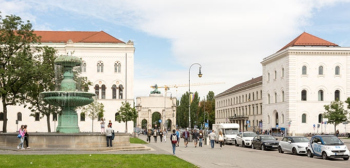
Top Universities in Germany…

Top Universities in Germany…
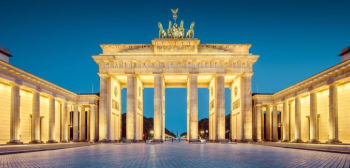
Top Universities in Germany…

Top Universities in Germany…

Top Universities in Germany…
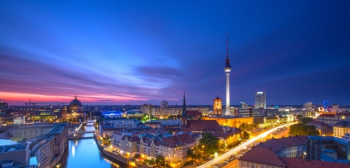
Top Universities in Germany…



